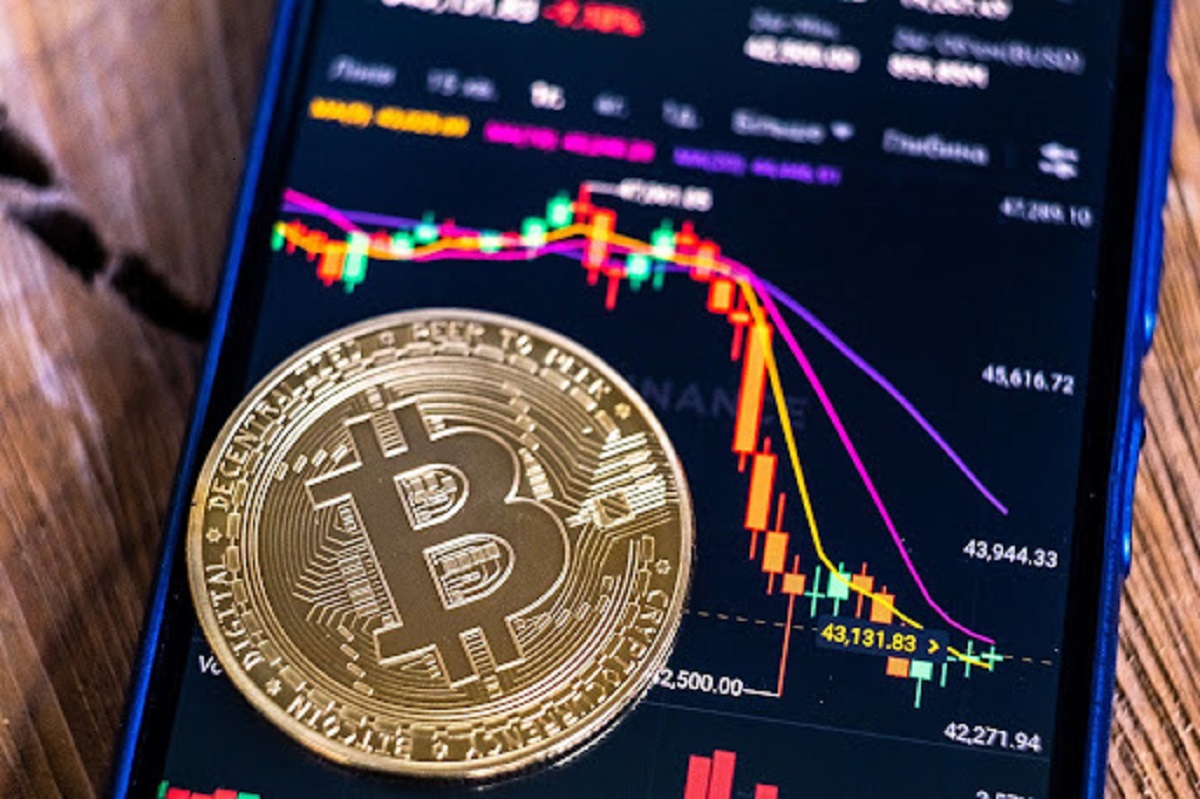
Peer-to-peer (P2P) Crypto Exchanges represent a significant departure from traditional trading platforms. Unlike conventional exchanges, which act as intermediaries between buyers and sellers, P2P crypto exchanges facilitate direct transactions among users. This means that individuals can buy and sell cryptocurrencies directly to each other without the need for a centralized authority overseeing the process.
At the heart of P2P crypto exchanges lies blockchain technology, the underlying framework of most cryptocurrencies. Blockchain enables secure and transparent transactions by recording them in a decentralized ledger accessible to all participants.
How P2P Crypto Exchanges Operate
P2P crypto exchanges, or peer-to-peer crypto exchanges, function by connecting buyers and sellers directly through an online platform.
Here’s how they work: when a user wants to buy or sell cryptocurrency, they create a listing on the P2P exchange indicating the amount they wish to trade and the price they are willing to pay or accept. Other users on the platform can then browse these listings and choose to initiate a trade with the one that best suits their preferences.
Once a trade is initiated, the P2P exchange typically acts as an intermediary, holding the cryptocurrency being sold in escrow until the transaction is completed. This helps ensure that both parties fulfill their obligations and reduces the risk of fraud.
Payment for the cryptocurrency can be made using various methods, including bank transfers, online payment systems, or even cash in some cases. Once the seller confirms receipt of payment, the P2P exchange releases the cryptocurrency from escrow and transfers it to the buyer’s account.
Key Features of P2P Crypto Exchanges
These exchanges have several key features that make them stand out in the cryptocurrency market:
Decentralization: P2P exchanges operate without a central authority, allowing users to trade directly with one another. This decentralization enhances security and reduces reliance on third parties.
Privacy: Users can maintain their privacy on P2P exchanges since transactions occur directly between buyers and sellers without the need to disclose personal information to a central authority.
Flexibility: P2P exchanges often support a wide range of payment methods, providing users with flexibility and convenience when buying or selling digital currencies.
Security: Many P2P exchanges utilize escrow services and smart contracts to ensure that transactions are conducted securely. These features help prevent fraud and protect users’ funds.
Global Accessibility: P2P exchanges enable users from around the world to participate in the cryptocurrency market, promoting financial inclusion and expanding access to digital assets.
Challenges and Risks of P2P Crypto Trading
One significant challenge is liquidity. P2P platforms may not always have a sufficient number of buyers or sellers, making it difficult to execute trades promptly.
Moreover, security is a primary concern. Since transactions occur directly between individuals, there’s an increased risk of encountering fraudulent actors or falling victim to scams.
Additionally, price volatility poses a risk. Cryptocurrency prices can fluctuate rapidly, leading to potential losses if trades are not executed promptly or if market conditions change unexpectedly.
Furthermore, regulatory uncertainty is another challenge. P2P trading operates in a regulatory gray area in many jurisdictions, leading to potential legal issues or changes in compliance requirements.
Lastly, counterparty risk is a significant consideration. Traders must trust their counterparts to fulfill their end of the bargain, which can be challenging when dealing with unknown or unverified individuals.
Comparative Analysis: P2P vs. Traditional Crypto Exchanges
Centralization vs. Decentralization: Traditional crypto exchanges operate on centralized platforms, where transactions are facilitated by the exchange itself. In contrast, P2P exchanges enable direct transactions between users, leveraging decentralized networks to match buyers and sellers.
Privacy and Anonymity: P2P exchanges offer greater privacy and anonymity as transactions occur directly between parties, reducing the need for personal information disclosure. Traditional exchanges often require KYC (Know Your Customer) verification, compromising user privacy.
Security Measures: Traditional exchanges implement robust security measures to protect users’ funds, often employing cold storage and multi-factor authentication. P2P exchanges utilize escrow systems and smart contracts to mitigate the risk of fraud and ensure secure transactions.
Market Liquidity: Traditional exchanges typically boast higher liquidity due to their larger user bases and trading volumes. P2P exchanges may experience lower liquidity, particularly for less popular cryptocurrencies or in specific geographic regions.
Ease of Use and Accessibility: Traditional exchanges are generally more user-friendly, offering intuitive interfaces and customer support services. P2P exchanges may have steeper learning curves for novice users but provide access to digital assets in regions with limited banking infrastructure
The Future of P2P Crypto Exchanges
As the crypto market evolves, the future of P2P crypto exchanges holds promising developments and transformative potential.
Decentralization and Security: P2P crypto exchanges epitomize decentralization, aligning with the foundational principles of blockchain technology. Moving forward, these platforms are poised to further enhance security measures through advancements in cryptographic protocols and decentralized identity solutions. By leveraging innovations such as zero-knowledge proofs and multi-signature wallets, P2P exchanges will fortify user trust and confidence.
Global Accessibility: The future of the P2P crypto exchange lies in expanding accessibility across geographic borders and linguistic barriers. With the proliferation of mobile technology and internet connectivity, these platforms will continue to empower individuals worldwide to participate in the cryptocurrency ecosystem. Localization efforts and intuitive user interfaces will facilitate seamless onboarding for users from diverse backgrounds.
Interoperability and Cross-Chain Trading: Interoperability will emerge as a cornerstone of P2P crypto exchange development, enabling frictionless trading across different blockchains and digital assets. Cross-chain atomic swaps and interoperability protocols will facilitate direct peer-to-peer transactions, fostering liquidity and market efficiency. This interoperability will unlock new possibilities for portfolio diversification and risk management.
Regulatory Compliance and Institutional Adoption: As crypto regulations evolve, P2P exchanges will prioritize compliance measures to ensure regulatory adherence while preserving user privacy and autonomy. Enhanced Know Your Customer (KYC) and Anti-Money Laundering (AML) protocols will facilitate institutional adoption and foster greater mainstream acceptance of P2P crypto trading.




















